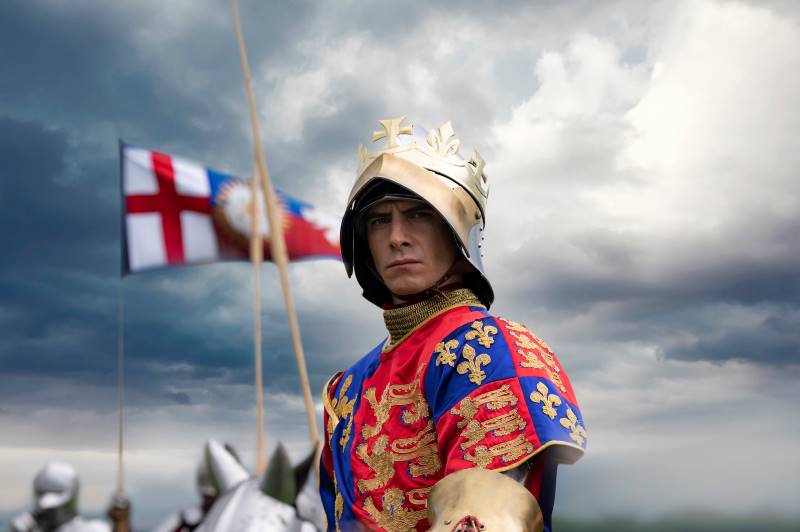“Sent before my time into this breathing world, scarce half made up, and that so lamely and unfashionable that dogs bark at me.”
Trumpeting soundtrack and a medieval map – it doesn’t get more English than the opening credits for The Lost King.
‘Based on a true story,’ the titles state, adding ‘Her story’, in a nice pointer to the patriarchal writing of history.
The story is about the search for the remains of King Richard III of England (1452-1485) – first aired to the public in 2013 telemovie The King in the Car Park – in Leicester to be exact, which gives the game away as to where the remains were found. To be fair, the trailer to The Lost King isn’t coy either. Instead, the film focuses on the determined struggle of its main character, amateur historian Philippa Langley, when her obsessive search to find Richard has her battling with skeptical peers and the full weight of academia.
Directed by Stephen Frears, the screenplay is another offering from co-writers Steve Coogan and Jeff Pope – the same team that brought us the poignant Philomena in 2013.
The masterstroke here is the casting of Sally Hawkins as Philippa. There is a theme of disability and female underdog that Hawkins never loses track of, and which gives the film great emotional force. The fight for Richard was so personal to Langley, a chronic fatigue (M.E.) sufferer, who we see being overlooked at work in favour of a boys’ club culture, and later patronised by male academics.
Two other biographical films that Hawkins starred in come to mind. One was Maudie, where she portrays a humble artist crippled with arthritis. The other is the excellent Made in Dagenham, a dramatisation of the 1968 strike at the Ford car plant, where female workers walked out in protest against sexual discrimination. Hawkins’ character leads the protest that ends as a landmark victory in gender equality.
We might even add her Oscar nominated performance in The Shape of Water, playing a mute maintenance worker in a story that explores how we demonise ‘The Other’. In The Lost King, the maligned ‘other’ is King Richard III, immortalised as a hunchback monster in the Tudor propaganda play by Shakespeare.

Instead of a mythical amphibian, Hawkins’ Phillipa finds herself visited by a vividly imagined Richard, complete with ermine robes and crown as he watches and waits for Langley’s progress in discovering his body and clearing his name.

In another piece of inspired casting, Richard, as both actor and historic king, is played by Harry Lloyd, headliner of many TV series and always eminently likeable, whether he plays a villain (Game of Thrones) or loyal friend (Great Expectations, Robin Hood). His presence gives Philippa an imaginary muse that encourages her to keep fighting for the much-maligned Richard against seemingly insurmountable odds at home, workplace and institutions.

As well as co-writing, Coogan plays Philippa’s husband in their disintegrating marriage. He makes a fair job of his role of reacting, sniping, then supporting his wife’s obsession. There are a couple of terrific moments with the Ricardians, a delightfully eccentric Richard III support society that Philippa attends in a pub in Edinburgh where she lives.
The pub and street scenes in Edinburgh and Leicester and train scenes – with Richard and Philippa sitting across from one another – are wonderfully understated, British in style and tone. There’s a lot to enjoy about this stranger than fiction story, even if some real life characters have taken exception to their portrayal.
In particular, the University of Leicester is simplified as the patriarchal bully and archaeologist Dr Richard Buckley (Mark Addy) has criticised some of the dramatisation of his role as pure fiction. But their misrepresentation was nothing compared to Richard’s.
“Sent before my time into this breathing world, scarce half made up, and that so lamely and unfashionable that dogs bark at me.”
This is Shakespeare’s Richard in a description of himself, and some of the lines that struck Philippa, herself feeling shunned and ridiculed for her physical condition. This fight to be fairly represented is the heart of the film, so beautifully held by Hawkins’ portrayal, and is what lifts The Lost King from a curiosity piece to something with a deeply humanitarian theme. The final discovery is riveting, and worth the journey, even when we know the outcome.